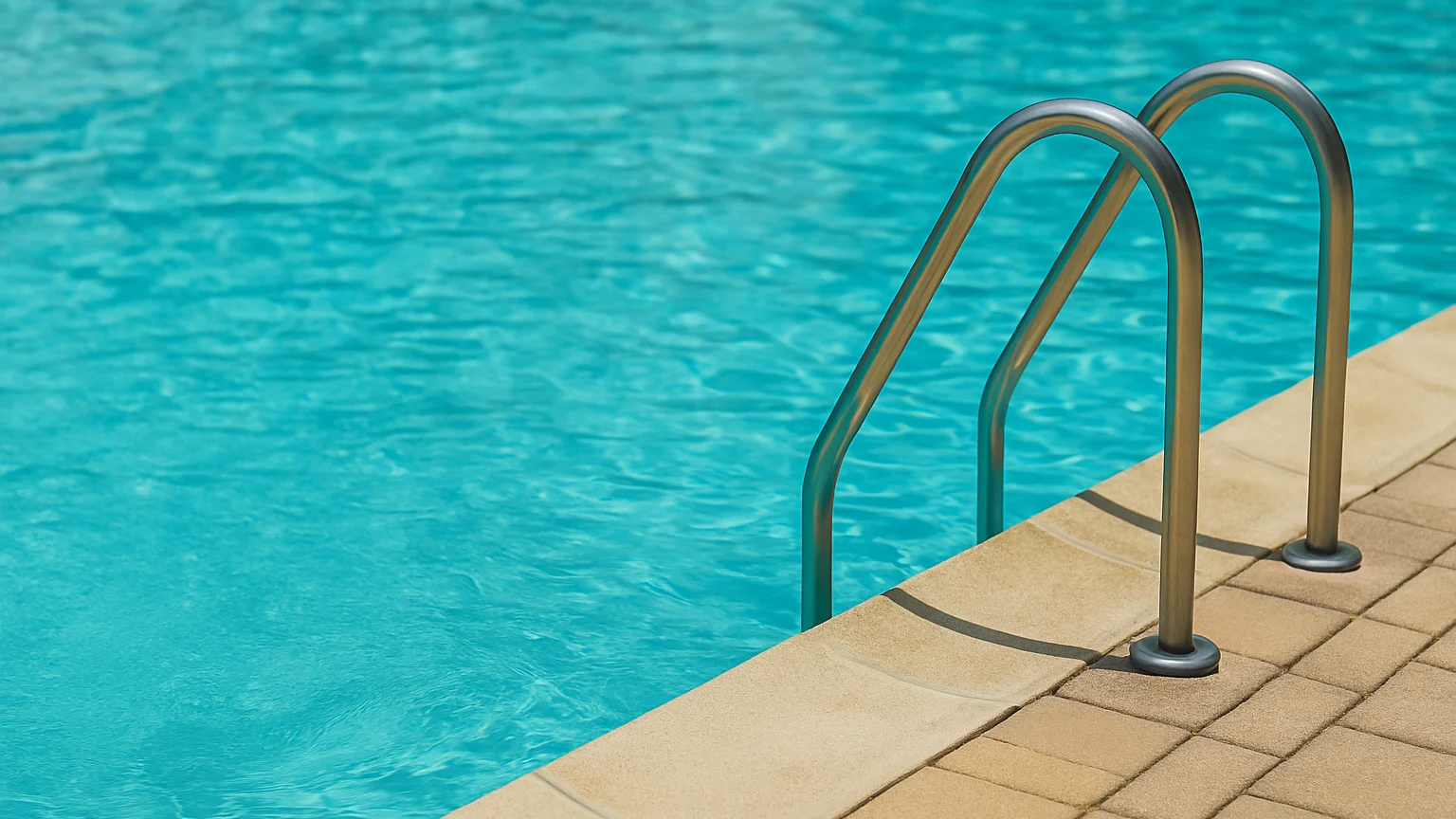As temperatures rise and summer vibes kick in, there’s nothing quite like cooling off in a pool. Whether it’s a public pool, a natural hot spring, or a backyard oasis, water offers instant relief and loads of fun. But before you dive in, there’s a lesser-known health risk worth knowing about: amoebic encephalitis.
While rare, amoebic encephalitis is a serious and potentially fatal brain infection caused by Naegleria fowleri, often referred to as the “brain-eating amoeba.” This microorganism is naturally found in warm freshwater bodies, like lakes, rivers, and poorly maintained pools.
What is Amoebic Encephalitis?
Amoebic encephalitis, particularly Primary Amoebic Meningoencephalitis (PAM), is a brain infection caused when water containing Naegleria fowleri enters the body through the nose. It travels up the olfactory nerve to the brain, causing inflammation and destruction of brain tissue.
How Common is It?
Thankfully, infections are extremely rare, but the consequences can be devastating. According to the CDC, only a few cases are reported each year, primarily in southern U.S. states during the hottest months.
High-Risk Environments
- Warm freshwater lakes and rivers
- Geothermal (hot spring) waters
- Poorly maintained or unchlorinated swimming pools
- Water parks and splash pads using untreated water
Precautions to Protect Yourself
You don’t have to swear off swimming this summer. Just take these smart precautions:
- Avoid Freshwater Nose Exposure
Keep your head above water or use nose clips when swimming in lakes, rivers, or hot springs. - Don’t Stir Up Sediment
Amoebas often live in the bottom sediment. Avoid digging or stirring up soil in warm freshwater. - Use Well-Maintained Pools
Always choose properly chlorinated pools. Pool owners should test and maintain chlorine and pH levels regularly. - Avoid Swimming in Warm Freshwater After Heavy Rain
High temperatures and water runoff can make conditions more favorable for amoebas. - Don’t Use Tap Water for Nasal Irrigation
Always use sterile or distilled water for sinus rinses or neti pots. - Supervise Kids Carefully
Children are more likely to play underwater, increasing their exposure risk.
Final Thoughts
Summer and swimming go hand in hand, but being aware of hidden health risks like amoebic encephalitis helps you enjoy the water more safely. The key is not to panic—but to stay informed and take reasonable precautions.
So go ahead—splash, swim, and soak in the summer fun. Just do it smartly!
Also Read
https://newsnanosecond.com/vaibhav-suryavanshis-dedication/
https://www.bikewale.com/news/2025-royal-enfield-hunter-350-launched-at-rs-150-lakh

Add a Comment